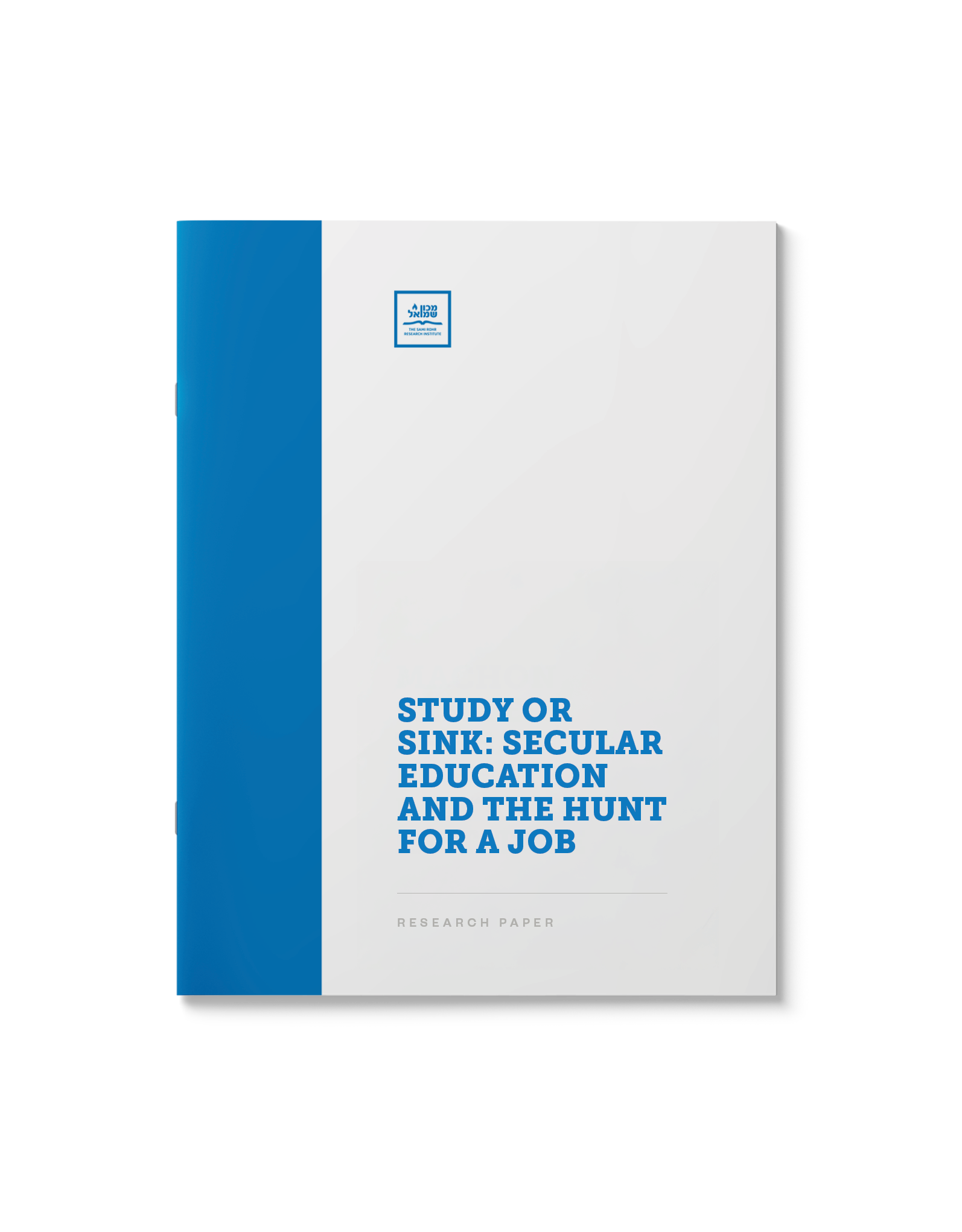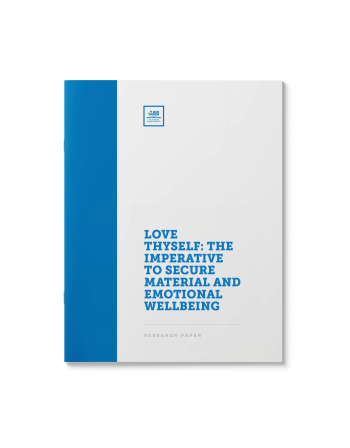Study or Sink: Secular Education and the Hunt for a Job
$39.00
Judaism generally eschews secular education at the expense of Torah study. The reality, though, is often that one must gain some education or skill in order to make a livelihood. What does Jewish law say about this? What are the limits? How do we balance dogma with daily life?
Related: Studying the Secular: The Soul of the Matter
| Language | English |
|---|---|
| Paper Type | Research Paper |
| Pages | 16 |
Related Products
Each individual is blessed with a unique vantage point through which to observe reality. But are there circumstances in which voicing those opinions is inappropriate accoriding to Torah law? What is the halachah about disagreeing with pre-eminent Torah sages?
הדרת פנים זקן. סקירה כוללת ומקיפה על יסוד איסור השחתת הזקן, השיטות והטעמים בזה.
A Yeshiva is the mainstay of the Jewish community. The Rebbe would often encourage people to support Yeshivos in a myriad of ways, be it by encouraging enrollment, assisting with financial support, and the like. This features a collection of the Rebbe’s talks on the importance of supporting Yeshivos.
Many natural substances have psychoactive (mind-altering) properties that can significantly impact one’s mental state and affect one’s mood.
May an observant Jew avail himself of such stimulants? Is such recreation acceptable from a halachic standpoint, or does it contravene one’s Torah obligations? How would we judge actions taken while under the influence of drugs and alcohol?
See also: “The Drugs Debate” on the appropriate legislative attitude towards controlling the proliferation of potentially harmful substances.
Table of Contents
Eretz Yisroel is distinguished as “The Land G-d, your G-d, watches over; The eyes of G-d, your G-d, are always upon it, from the beginning of the year to the end of the year” (Devarim 11:12).
Settling the land of Israel is regarded by some authorities as a personal imperative, while others point to its intense holiness as a reason for caution.
An assortment of articles and letters.
As a complex, strategic game known to improve memory and cognitive abilities, the Jewish attitude to Chess is an intriguing one. Were Torah scholars in favor of this pastime? Are there halachic issues to be aware when playing this game?
Jewish ritual is rife with physical actions—such as standing, bowing, rising— which hint to the spiritual drama unfolding in the background. This paper takes a close look at several of these to gain an understanding of the complex interplay between man’s physical state and his spiritual state.
In recent decades, thousands of Jews have gravitated to the East in pursuit of spiritual enlightenment. More recently, several Eastern Practices have been secularized, popularized, and repackaged as physical and meditative exercises. Does this make them kosher? Which practices are problematic and should be avoided? And what was the Rebbe’s response to the popularization of Yoga and Transcendental Meditation back in the ’70s?
(67 pages)
Submitted by a Shliach in New York
An interesting look at man’s obligations to himself. What does Jewish law demand of him to do to better his lot in life? A survey of the financial, emotional and health precautions that one must take.
How would you rate your concern for the environment?
Are there Torah perspectives about respect for nature, plant life, wastefullness and the like that you should be aware of?
The following collections feature sources exploring each of the following Mitzvos, as well as insights into how these laws inform our personal lives:
A. Ba’al Tashchis – (17 pages)Table of Contents Request this paper
B. Shmittah – (50 pages)Table of Contents Request this paper
C. Cutting Fruit Trees – (44 pages)Table of Contents Request this paper
D. Orlah – (16 pages)Table of Contents Request this paper
E. Tza’ar Balei Chaim – (47 pages)Table of Contents Request this paper
F. Kilayim – (25 pages)Table of Contents Request this paper
Joy is one of Judaism’s highest placed values. See why from a range of perspectives including halacha, mussar, and Chassidus. The Baal Shem Tov’s unique emphasis on simcha rounds out this broad discussion.
What are the challenges that the physically and mentally disabled face in observing Jewish law? Are exceptions made? How does halacha balance its obligations to the Torah and to man?















